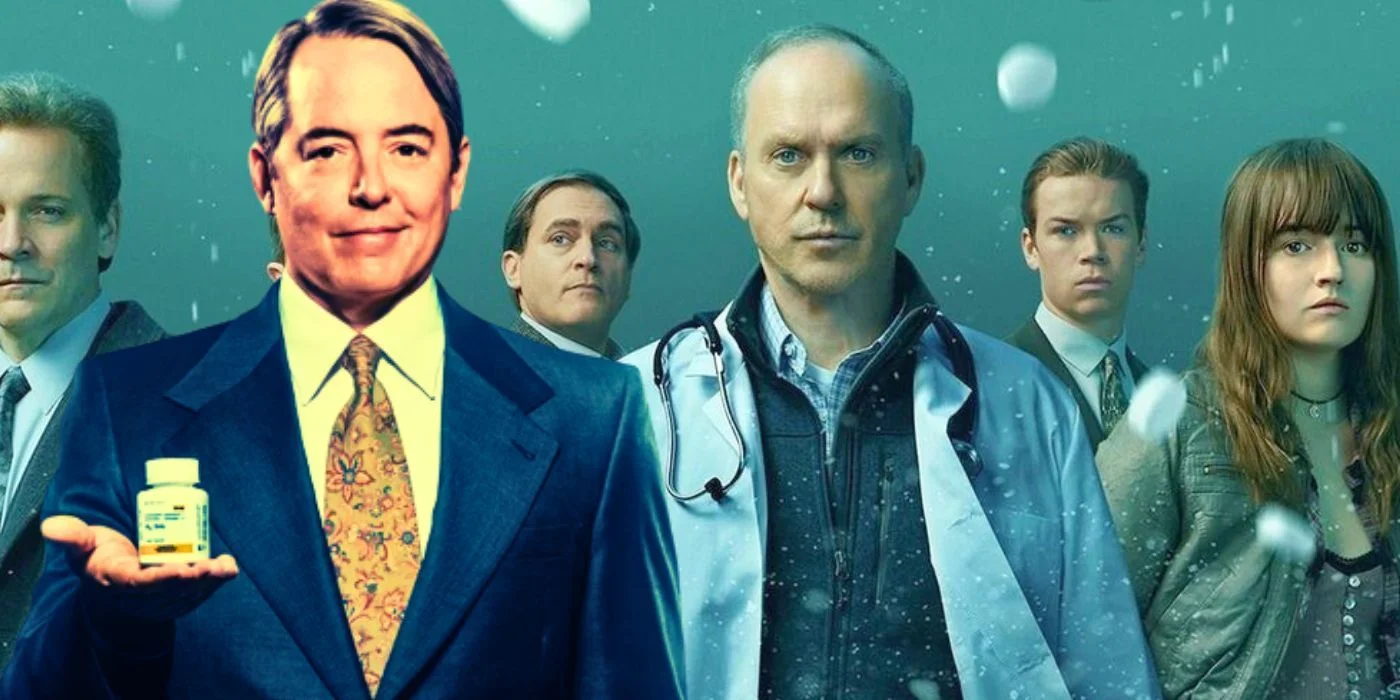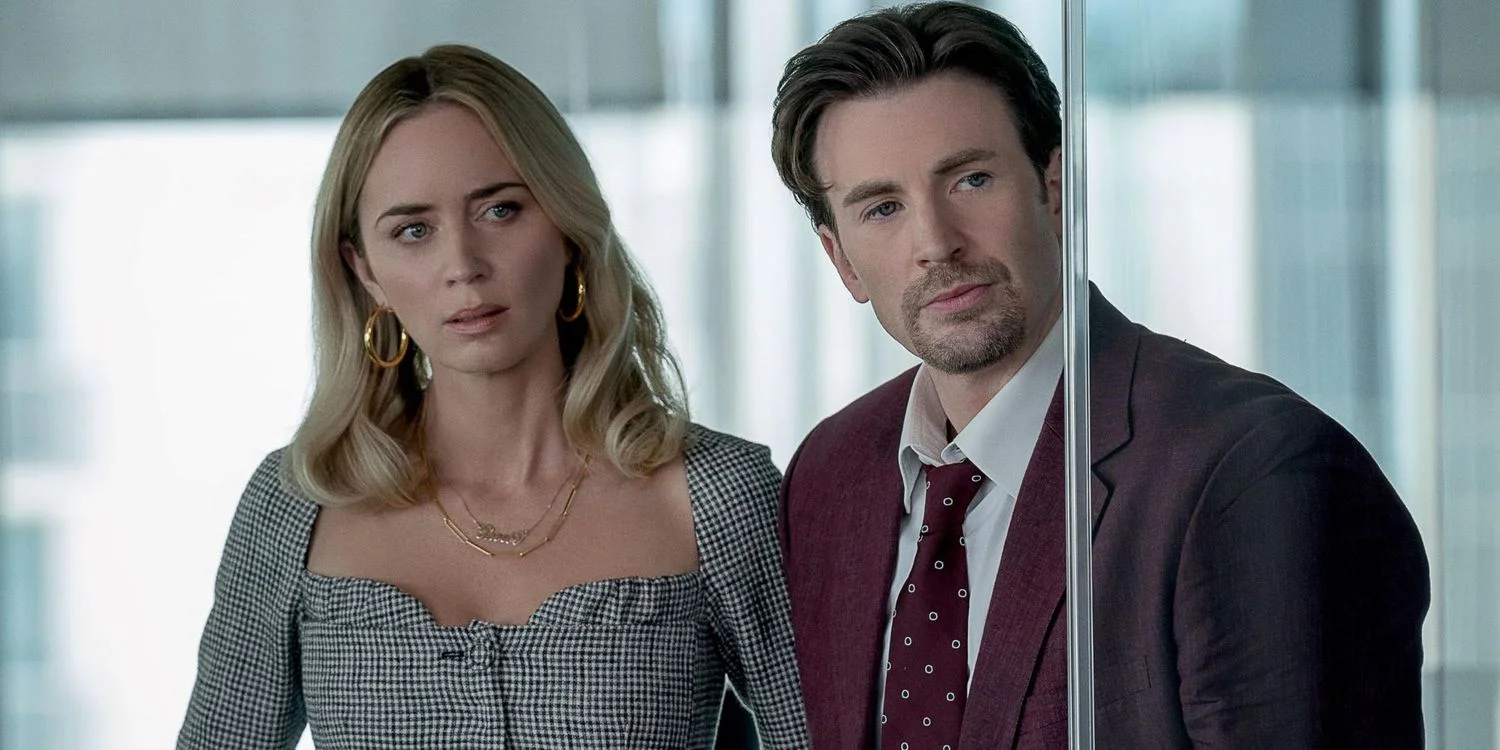The Algorithm’s New Love: Why Netflix is Tuning into the Opioid Crisis
“Netflix and chill” might have taken on a heavier tone recently. If you’ve been scrolling through Netflix, you’ve probably noticed a surge in films and documentaries that dig deep into America’s opioid crisis. It’s not just your imagination. Netflix has been consciously investing in this sensitive topic for the past six years. And the newest offering starring Emily Blunt and Chris Evans, titled “Pain Hustlers,” only confirms the trend.
“It is evident that, in recent years, Netflix has adopted more of a data-driven strategy towards producing new shows and movies and renewing old ones.”
Netflix’s Journey Into America’s Dark Underbelly: The Opioid Crisis Documentaries
Starting with 2017’s “Heroin(e),” a moving short doc that explored the lives of three women fighting West Virginia’s opioid nightmare, Netflix took a data-backed leap into the quagmire of addiction.
“Netflix’s foray into the opioid crisis narrative theme was with 2017’s Heroin(e), a short documentary that walked viewers through the journeys of three women who battled West Virginia’s opioid epidemic.”

The platform didn’t stop there. “Recovery Boys” followed in 2018, zeroing in on four men rehabilitating from addiction. Then came “Dope,” which unpacked the grim mechanics of drug trade and law enforcement’s uphill battle against it. And who could forget “The Pharmacist,” the bone-chilling tale of a mother seeking justice for her son’s opioid-related death?
“This was followed by another documentary, Recovery Boys, in 2018, which focused on four men who set out to rectify their mistakes and fix their relationships after struggling with addiction for years.”
From Real to Reel: The Transition to Fictional Narratives
Netflix didn’t just want to tell real stories. It ventured into fictional territory with films like “Painkillers” and “The Fall of the House of Usher.” But “Pain Hustlers,” featuring Chris Evans and Emily Blunt, is probably their most significant investment in the opioid crisis narrative.

“Once the streaming giant was done producing documentaries, it started releasing shows and movies, like Painkillers, The Fall of the House of Usher, and now the Chris Evans and Emily Blunt-starring Pain Hustlers, that deal with the same topic, cementing how Netflix is seemingly obsessed with the opioid crisis.”
But Can Netflix Out-Dope Hulu’s ‘Dopesick’?
While Netflix has been prolific in covering the opioid crisis, it hasn’t exactly cornered the market on the issue’s dramatic representation. Hulu’s “Dopesick” has been hailed as perhaps the most gripping drama on the opioid crisis to date. Inspired by real-life events, it places the capitalism driving the drug industry under a scathing lens, offering a level of realism that Netflix offerings haven’t quite matched.
“Hulu’s Dopesick, on the other hand, takes a sobering look at the crisis by drawing inspiration from real-world events and portraying the capitalism behind the drug industry with the utmost seriousness.”

Why Is Netflix So Invested in the Opioid Crisis?
Why this strategic focus on the opioid crisis, you ask? It’s the algorithm, baby! Netflix has always been keen on mining data to understand what its audience wants. With the opioid crisis affecting so many lives, it’s a topic ripe for exploration—telling stories that matter while keeping viewers hooked.
“The streaming platform has been focusing more on some sub-genres and subject matters than others. For instance, Netflix frequently produces or licenses content based on books because of their potential to lure the existing audiences of the original books.”
Netflix has locked its sights on a societal issue that needs attention, and it’s pulling out all the stops to give it the spotlight it deserves. Now, with high-profile actors like Emily Blunt and Chris Evans joining the fray, this topic is about to get a lot more screen time.
So, will “Pain Hustlers” live up to the hype and bring home the gravity of the opioid crisis, or will it become just another flick in Netflix’s ever-expanding library? Only time will tell. But one thing is for sure: Netflix is hell-bent on pushing this narrative, and they’re not stopping anytime soon.









